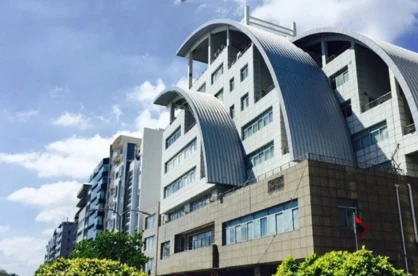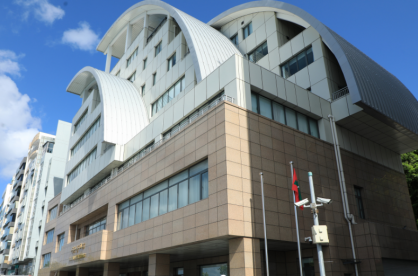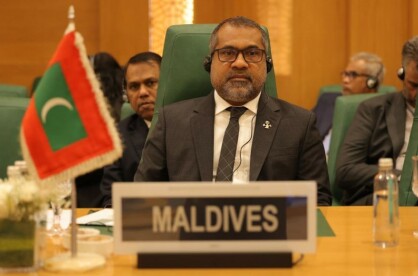Shifting towards targeted subsidies
In place of blanket subsidies, MVR 600 million has been allocated to provide a targeted basic income for those in need.

In place of blanket subsidies, MVR 600 million has been allocated to provide a targeted basic income for those in need.

Subsidies play a pivotal role in shaping a nation's economic landscape, often serving as a safety net for its citizens and a catalyst for economic growth. These financial incentives, provided by the government, are typically designed to reduce the cost of essential goods and services, thereby benefiting the entire population. Subsidies have long been a cornerstone of economic policy, however, their effectiveness and fairness have come into question in recent years. In the Maldives, the Ministry of Finance is taking a significant step by reshaping its subsidy pattern to directly target the most vulnerable members of its society.
The Ministry of Finance recently presented a state budget for the next year that introduces a fundamental change in the country's subsidy approach. According to the Finance Ministry, these changes are being carried out with the approval of the transitional committee as the Maldives is currently in its transitional period before the next administration takes over the Governing role.
“The budget was presented to both President Ibrahim Mohammed Solih and President-elect Dr. Mohammed Muizzu. The Transition Committee has the blessing to carry out the fiscal strategy,” Sarvash Adam, Chief Financial Budget Executive of the Finance Ministry.
The proposed budget, totalling MVR 49.5 billion, maintains a focus on reducing fiscal constraints, and debt and ensuring economic sustainability just like the aim of the budget that was set for 2023.
One of the pillars of the proposed budget is the shift from indirect subsidies, which were available to everyone, to direct or targeted subsidies. This strategic change will see the abolition of current indirect subsidies on essential services like electricity, fuel, basic goods, and sewerage, which is to come into effect starting from July next year. In place of these subsidies, MVR 600 million has been allocated to provide a targeted basic income for those in need.
Under the proposed plan, targeted subsidies will be available to 65 percent of the Maldivian population, encompassing 50 percent of households.
"If something that is being subsidized so much is suddenly turned into a market, poverty will come. It will not be easy for all households. Therefore, the targeted basic income has been set so that 65 percent of the population will benefit,"
The remaining 35 percent of the population, along with foreigners, resorts, and businesses, will no longer receive these subsidies. This deliberate redirection is expected to have a short-term impact on commodity prices and inflation, with an estimated increase of 3.9 percent. However, it is important to note that this impact is anticipated to be a one-time occurrence.
As the government ushers in this transformative change, there will undoubtedly be challenges and adjustments. The shift from universal subsidies to targeted assistance will surely raise concerns about potential price hikes and inflation, which is estimated to rise by 3.9 percent. However, as policymakers expect this to be a one-time occurrence, reaping a positive outcome in the future, these changes may finally see the most vulnerable members of society getting some much-needed direct benefits.



